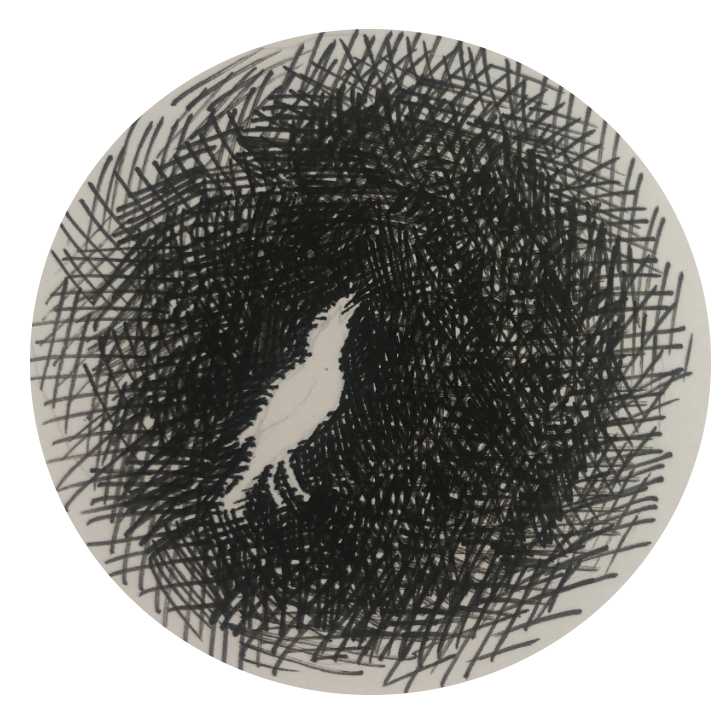
shop
In a deceptively quiet voice, Corey Ruzicano’s debut collection amplifies questions about how to live in complex times and how to locate oneself from the perspective of daughter, sister, friend, citizen; that as the poet investigates her relationships with the natural world, with family, and herself, the questions inform the interrogation with care and love. Her poems are both tender and lyrical, resounding and thoughtful. The result is a gifted writer’s appraisal that to live is to live with uncertainty and wanting, a voice to relish and trust.
- P Carl, author of Becoming a Man the Story of a Transition
How can someone simultaneously have one of the wisest, oldest souls and yet see the world with hope and wonder? This a question I continually asked myself while reading Still. Corey approaches her writing with wisdom and curiosity, seeming to have figured some things out and constantly expecting more from herself, from the world, from the questions she asks. Her exploration lets us in, her words are accessible and haunting, beautiful and engrossing. Still is a tiny window into a universe of experience and awe, pain and love, and ultimately, humanity.
- Emma Baar-Biittman
Corey Ruzicano’s Still is a sweepingly romantic and tender journey from the outside to the center. Like all truly great writing, it is full of far more questions than answers. Ruzicano often comes back to the idea of what is Right or Good, the infinite dimensions of What Is and What Could Be, ultimately settling on the measure of how it feels, as opposed to how it seems. Still is a testament to being in love with everything, no matter how frightening. Still is a testament to paying attention.
- Misha Lambert
As the title of this chapbook suggests, these poems sit equally inside movement and time, investigating both the banal and transformative moments of being that aggregate towards a life. Still is a work full of wonder and imagination: there is a poem in which the speaker imagines freezing to death as an extended metaphor for gendered violence, leading the reader through the chill and stupor, then the fighting back. Reading Ruzicano’s poems—which engage the eye through their shifting visual forms as well as the ear—I had the feeling I was walking through the landscape of memory, learning the landmarks, names of plants, and weather patterns along the way.
- Claudia Rankine

